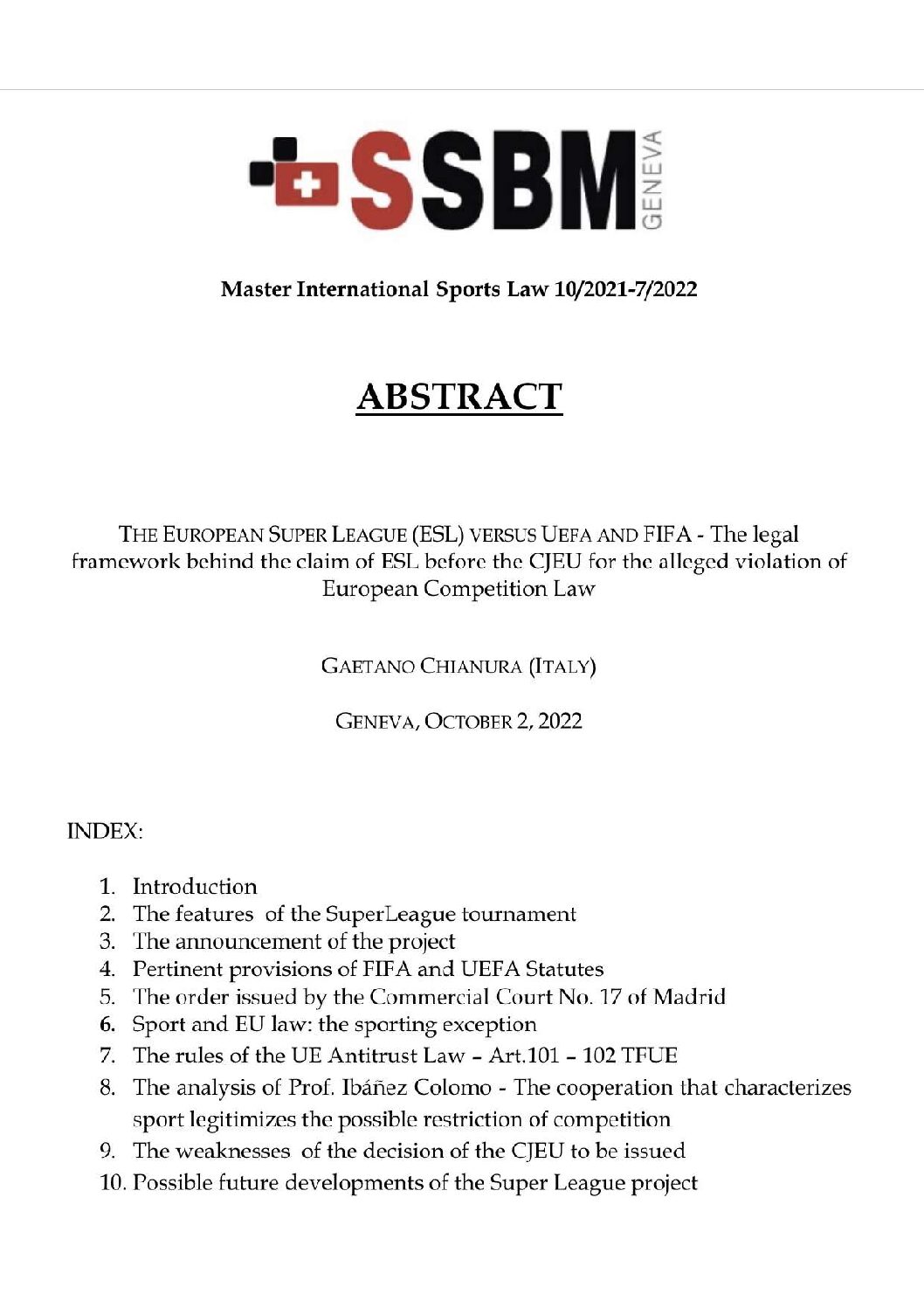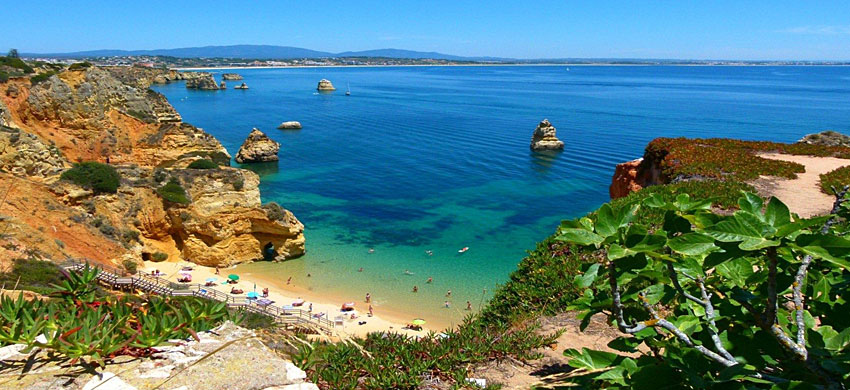The ruling of the Grand Chamber should arrive at the beginning of 2023 and will then be passed to the Juzgado de lo Mercantil number 17 of Madrid whose ruling on the case will necessarily take into account what will come out of the Luxembourg Court and could upset the institutional balance of football no less than what happened with the Bosman judgment.
Technically, this is the request for a preliminary ruling from the Juzgado de lo Mercantil number 17 of Madrid in which the European Super League Company S.L. (ESL), a company governed by Spanish law that aims to change the paradigms of European football, on the one hand, UEFA and FIFA on the other, struggle: the object is, essentially, the compatibility of the statutes of the European football confederation (above all) and of the world with antitrust law of the European Union, with the articles on competition and freedom to conduct a business of the Treaty on the Functioning of the European Union (TFEU); it is a question of whether the top institutions of the ball abuse their dominant position, in some way de facto monopolistic, as both organizers and regulators of the world of football.
Brief summary of the previous episodes: it was April 2021 when, after years of rumors, twelve of the most important, rich – and indebted – European clubs (the English Arsenal, Chelsea, Liverpool, Manchester City, Manchester United and Tottenham Hotspur, the Spanish Atletico Madrid, Barcelona and Real Madrid, the Italian Inter, Juventus and Milan) came out presenting the project of a closed European tournament, with twenty participants (the twelve consortium members in the European Super League Company plus eight others), lavishly financed by the US giant JP Morgan.
The revolution, as presented, lasted less than three days from the launch. Nine of the twelve splitters withdrew, bent by the spurious protests and populism of fans and media – a vast front had been created against the project, in some ways not wrongly – supported by politics, called to the rescue by UEFA President Aleksander Čeferin and which had in Boris Johnson the main ally in cracking and collapsing the idea of superleagues.
Superleague shelved? Not exactly. Once the clamor of the affair subsided, the main proponents of the project – Barcelona, Juventus and Real Madrid, with Agnelli himself and his madridist counterpart Florentino Pérez in the role of frontman – continued in their intent precisely by bringing the matter to the Court of Madrid, succeeding first in blocking the disciplinary proceedings and sanctions threatened by UEFA against them (and blocking even those, albeit mild, against the clubs that had abandoned the project), then to take the case to the European Court of Justice.


